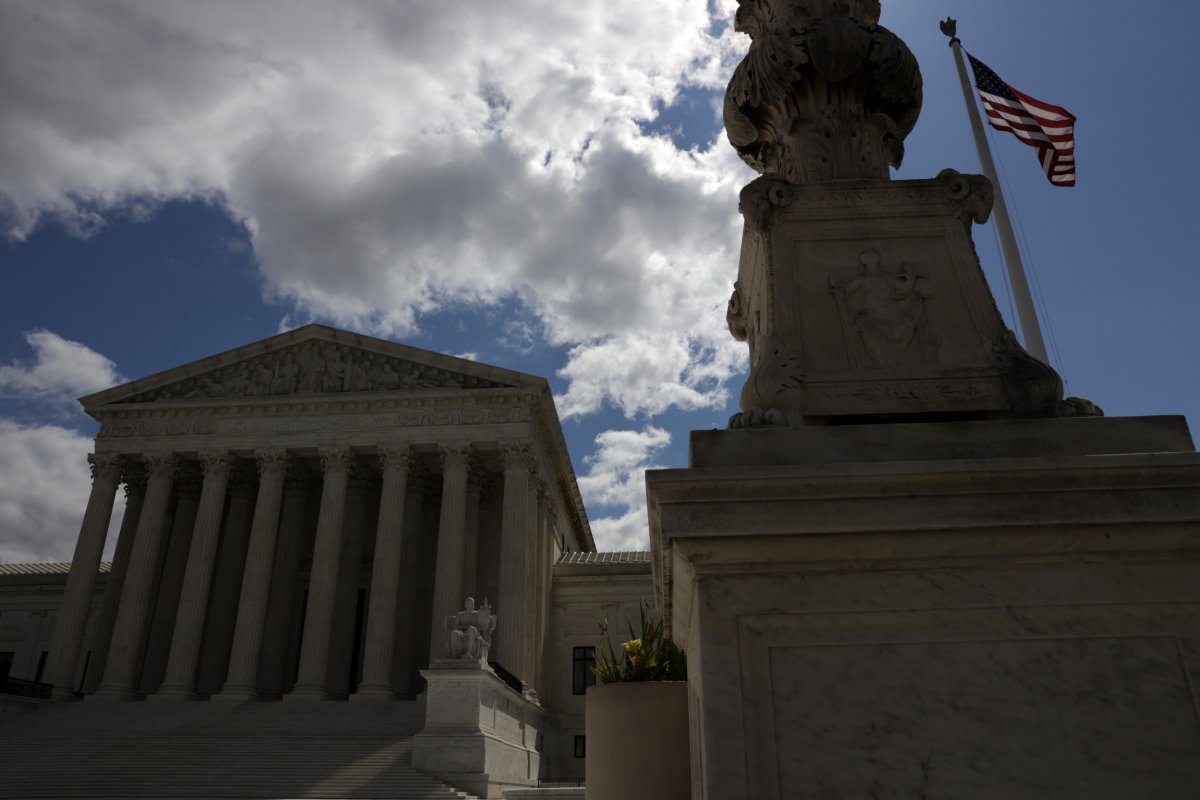Our Constitution is designed to protect our citizens, including our children. But if the city of Philadelphia has its way, the Constitution will be used to keep thousands of foster kids from finding loving families in the coming years.
Philadelphia government officials are trying to exclude a Catholic agency from caring for foster children, and its legal defense depends on a flawed 30-year-old Supreme Court decision that severely restricted religious liberty protections. This fall, the Supreme Court can correct this grievous constitutional error. I asked the Court to do so—along with 16 states, the U.S. solicitor general, 76 members of Congress, over two dozen diverse religious organizations and prominent law professors.
The case is that of Sharonell Fulton, who is defending the Catholic agency she worked with to foster over 30 children taken from situations no child should face. In Fulton v. City of Philadelphia, the Supreme Court will decide whether local bureaucrats can exclude a religious foster ministry from public life because of that ministry's religious beliefs about marriage. As the Becket Fund for Religious Liberty, representing Ms. Fulton and the agency, explains, Philadelphia rests its legal authority on a case that upends the primary role our Founding Fathers gave to religious freedom: Employment Division v. Smith.
During my service as Ronald Reagan's attorney general, the Justice Department anticipated this kind of conflict. Four years before Smith was decided, in a time when religious liberty enjoyed bipartisan support, the Justice Department warned that the "expansion of governmental influence over community, commercial, educational and family affairs raises anew questions regarding...the role of government and religion." We addressed those questions by authoring what a leading scholar called one of "the best historical examinations" of the First Amendment's Free Exercise Clause. That report affirmed the importance of protecting religious exercise against modern government's ever-increasing restrictions.
The report explained that the Constitution's text, history and our national traditions all point to the same conclusion: Ours is a nation of religious freedom, and our government cannot trample that freedom without some compelling justification. This was always true, but the modern sprawl of government power—especially through ever-increasing regulations that few Americans understand—adds new urgency to the question. Unlike in the Founding era, our government now routinely grows into areas once reserved for religious exercise.
That's exactly what happened here, where Philadelphia began regulating and restricting the care of abused and neglected children, a work long carried out by religious charities. Now the government seeks to force religious Americans to choose between either their deeply held beliefs or the ministries by which they put those beliefs into action. As our report explained three decades ago, we need a constitutional safeguard to protect religious freedom, and that safeguard only becomes more important as the scope of government power expands. That safeguard is a guarantee that the government may not trample upon religious freedom except where peace or public safety is at stake.

Unfortunately, as the brief I filed in the Supreme Court explains, Smith took the Constitution in a different direction. Despite being authored by the foremost textualist—Justice Antonin Scalia—Smith does not account for our proud national tradition of protecting religious exercise. Smith allows government officials to restrict religious exercise with only the flimsiest of justifications. Indeed, the lower courts here invoked Smith to allow Philadelphia to penalize Catholic foster mothers and invent new policies afterward to justify it. Effectively, to quote constitutional scholar Walter Berns, Smith told religious Americans to "render unto Caesar whatever Caesar demands and unto God whatever Caesar permits." But Caesar's demands continue to grow. And under Smith, that means Caesar can permit less and less of what properly belongs to God.
In Fulton, the Court should restore the Free Exercise Clause's original public meaning, our national traditions and the Founders' prevailing political philosophy. That philosophy limits government's ability to restrict religious freedom. Doing this will facilitate what the report sought: "diligence, tolerance and good will" between government and religious Americans working together for the good of society. This requires the Court to adopt the historical understanding that Smith eschewed.
Patriotism and service to our nation are hallmarks of the Christian calling—a call answered by the Catholic agency in Fulton for over two centuries. The Supreme Court should let religious Americans continue to answer that call, rather than violate their faith.
Edwin Meese III is the Ronald Reagan distinguished fellow emeritus at The Heritage Foundation and served as the 75th attorney general of the United States.
The views expressed in this article are the writer's own.
Uncommon Knowledge
Newsweek is committed to challenging conventional wisdom and finding connections in the search for common ground.
Newsweek is committed to challenging conventional wisdom and finding connections in the search for common ground.
About the writer
To read how Newsweek uses AI as a newsroom tool, Click here.






